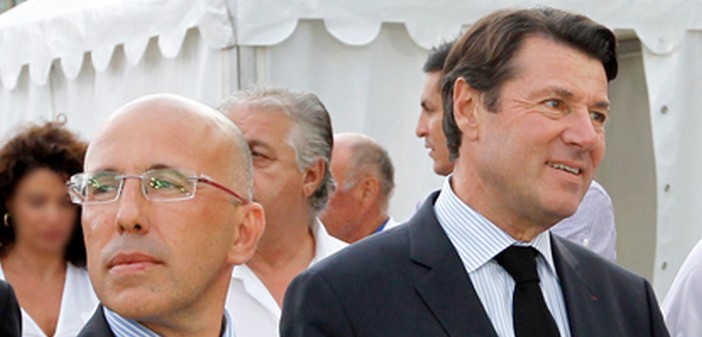The High Authority of the Les Républicains (LR) party annulled the elections of the Alpes-Maritimes federation of the party this Tuesday because they were “hampered by irregularities.” As a result, this body accepted the appeal of a voter.
The reason? The fact that Eric Ciotti, the (also sole) candidate for the 1st constituency, was also the organizer of these elections as the departmental secretary.
Therefore, the elections will have to be held again, and the party members from the French Riviera will be called to vote again in the coming weeks.
“I acknowledge this decision while regretting it,” responded Eric Ciotti, emphasizing that the procedure had been approved “by all the parliamentarians from Alpes-Maritimes and notably by Christian Estrosi.”
A simple reminder of the facts or a subtle reference to his friend-rival?
In fact, in the territory, there are always appeals that conveniently arise, and behind the apparent anonymity of the promoters, one can easily find figures that can be attributed to people one thinks they know!
The President of the party’s reaction (also a sole candidate) called in a statement “for our elections to be organized directly by the national headquarters of Les Républicains under the control of the High Authority.”
To continue in the same vein: “This new vote must be indisputable: information must be provided to all the members of Alpes-Maritimes and, to avoid any suspicion, voting must be done through paper ballots without proxies, with a secret ballot in each constituency.”
This request opens the door to many questions, the first of which is: didn’t the just annulled vote meet the conditions of regularity?
In fact, why does Christian Estrosi mention the issue of proxies (always a source of suspicion)? And then, why reject online voting and revert to paper voting? Lastly, why require a secret ballot?
So many questions that deserve lots of answers, without which the suspicion of a “coded” exchange between the two friend-rivals will remain very present.
Undoubtedly, internal elections do not succeed for the former UMP of yesterday, LR of today: after the scandal linked to proven irregularities in certain polling stations in Nice, in autumn 2012 during the party’s presidential election, which provoked a major crisis with the risk of its breakdown, we’re at it again for an election without real stakes, as the agreements had been validated between the local heavyweights.
So, what should we think? Are there other “underground” games whose ins and outs we do not know?
To conclude: Are we talking about mere competition between two politicians vying for leadership, or is there something much heavier behind this?
Time and its events will tell us soon enough!


